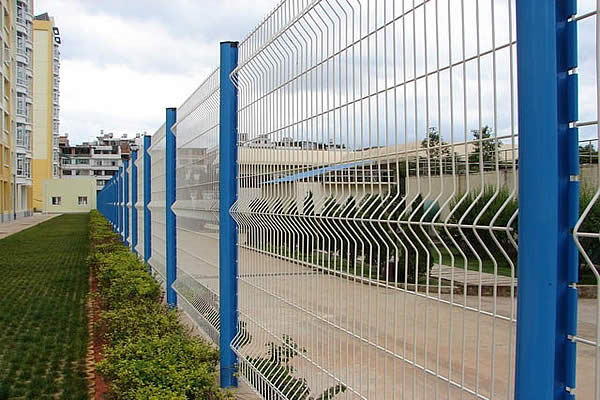 TEL:
+86-13102802206
TEL:
+86-13102802206
 Email:
fencenetting@china.com
Email:
fencenetting@china.com
 Language
Language
 TEL:
+86-13102802206
TEL:
+86-13102802206
 Email:
fencenetting@china.com
Email:
fencenetting@china.com
 Language
Language


Understanding Gabion Wire Mesh Prices Factors and Considerations
Gabion wire mesh is a versatile and durable solution widely used in civil engineering, landscaping, and erosion control. It is often utilized to create retaining walls, riverbank protection, and noise barriers, thanks to its ability to withstand harsh environmental conditions. As the demand for gabion wire mesh continues to grow, understanding its pricing becomes essential for contractors, builders, and homeowners alike. This article delves into the factors influencing gabion wire mesh prices and offers insights into making informed purchasing decisions.
What is Gabion Wire Mesh?
Gabion wire mesh consists of hexagonal or rectangular mesh panels formed into cages filled with rocks, stones, or other similar materials. The mesh provides structural integrity and prevents the fill material from spilling out. The design allows for flexibility and drainage, making gabions particularly effective in managing water flow and preventing soil erosion.
Key Factors Influencing Prices
1. Material Quality The quality and type of wire used in gabion mesh significantly affect its price. Higher gauge wires, which indicate thicker and sturdier materials, typically come at a premium. Additionally, coatings such as PVC or galvanization can enhance durability and resistance to environmental elements, influencing costs further.
2. Mesh Size and Design Gabion mesh is available in various sizes and designs. Larger mesh sizes can require more material and labor, thus increasing costs. The specific design of the gabion (e.g., rectangular, cylindrical) also plays a role—more complex designs may incur additional manufacturing costs.
3. Supply Chain and Logistics Transportation and logistics can also impact the final price of gabion wire mesh. If materials are sourced from distant suppliers or require special handling due to size, the costs can increase significantly. Local suppliers may offer competitive pricing due to reduced shipping fees.

4. Market Demand Like any commodity, the price of gabion wire mesh can fluctuate based on market demand. Seasonal demand spikes, particularly in construction and landscaping industries during warmer months, may lead to higher prices. Similarly, economic conditions can affect overall production and supply, impacting prices as well.
5. Quantity and Bulk Purchases Buying gabion wire mesh in bulk can often lead to significant savings. Suppliers may offer discounts for large orders, which can make it more economical for contractors or large projects. In contrast, purchasing smaller quantities may result in higher per-unit costs.
6. Customization Many projects require customized gabions to meet specific design requirements. Customization can include unique sizes, shapes, or additional features, all of which can lead to increased costs compared to standard products.
Average Pricing
On average, gabion wire mesh prices can range from $0.50 to $3.00 per square foot, depending on the factors mentioned above. For instance, low-quality, standard mesh might be on the lower end of the scale, while high-quality, custom-designed options can reach prices at the higher end. It’s essential to obtain quotes from multiple suppliers and consider both material and labor costs when budgeting for a project.
Conclusion
When considering gabion wire mesh for your next construction or landscaping project, it’s crucial to understand the factors influencing its pricing. By carefully evaluating the quality of materials, design specifications, and sourcing options, you can make informed decisions that align with your project's goals and budget. Additionally, staying aware of market trends and price fluctuations can help you identify the best time to purchase, ensuring you get the most value for your investment. Whether you are a contractor or a DIY enthusiast, understanding gabion wire mesh prices will empower you to create effective and aesthetically pleasing structures.